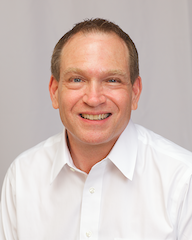A Quote by Bob Muglia
What's needed now are software technologies that interconnect computing systems, people and data to produce more rapid answers to the questions of science, and to help researchers use computation in the most effective manner.
Related Quotes
In studies asking why young people left their family religion, their most frequent response was unanswered doubts and questions. The researchers were surprised: They expected to hear stories of broken relationships and wounded feelings. But the top reason given by young adults was that they did not get answers to their questions.
One of my first priorities as a new member of Congress in 2019 was to visit the CDC and learn firsthand about what they needed to help protect Americans. After my visit, I learned their budget had previously been cut, and that they needed funding to modernize their data systems to help prevent pandemics and other public health crises.
Radio astronomy reflects our fascination with how audio can be used to understand information or ideas. Just as scientists visualize data through charts and pictures, we can use 'data sonification' to translate radio signals into sound that help us better understand some of our most enigmatic planetary systems.
Myths, whether in written or visual form, serve a vital role of asking unanswerable questions and providing unquestionable answers. Most of us, most of the time, have a low tolerance for ambiguity and uncertainty. We want to reduce the cognitive dissonance of not knowing by filling the gaps with answers. Traditionally, religious myths have served that role, but today — the age of science — science fiction is our mythology.
The good news is we are seeing an incredible surge in non-animal technologies in laboratories. With researchers using stem cells, visually impaired people may one day have new corneas and lenses grown from their own cells. That is likely to be a more effective and cheaper approach than using animals.
Anarchism as the name for an ideal total social form is a really complicated question. I have never found satisfying answers from anarchists about the definition of the state they are opposed to. Most are opposed to coercive forms of state power. Questions about large scale systems of organization and how they will be funded - those are questions it's hard to get anarchists to give good answers to.

































